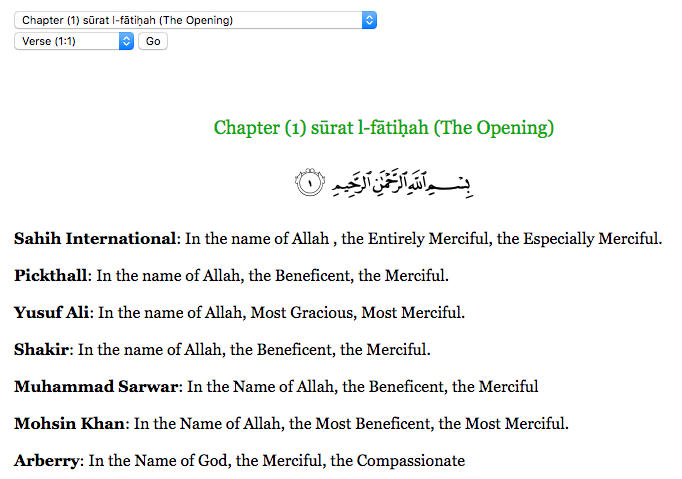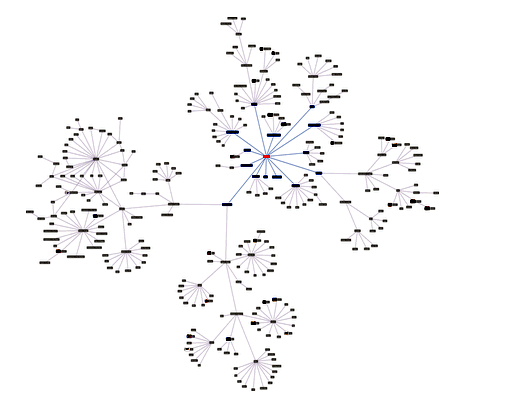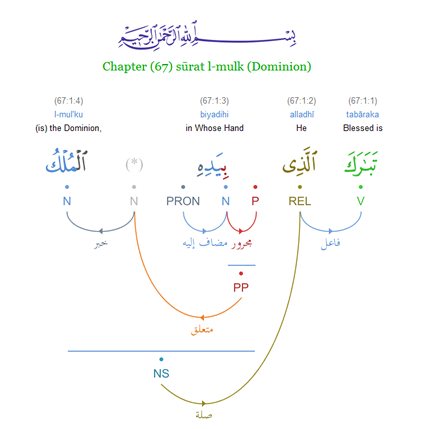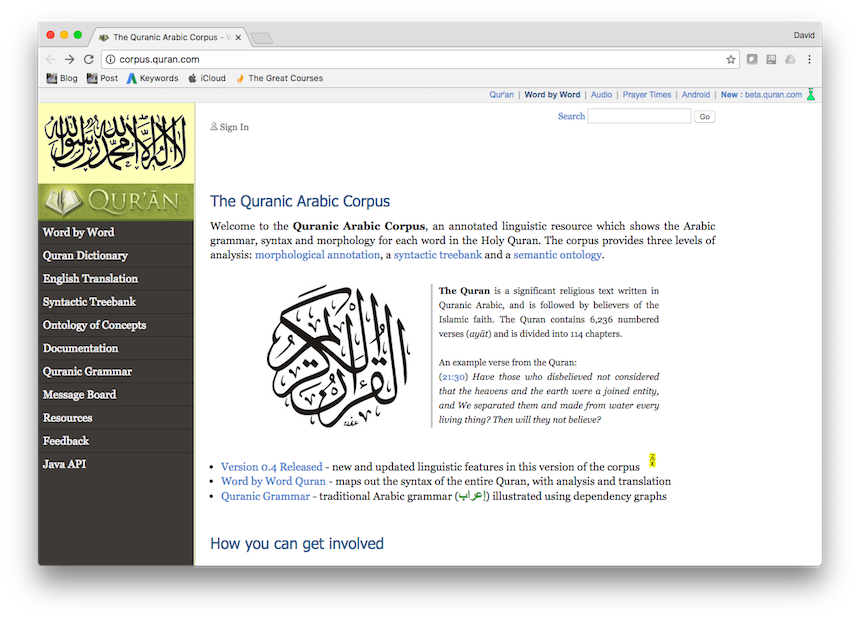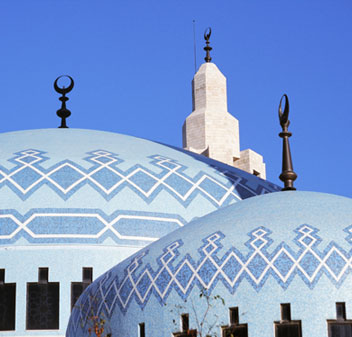I first encountered Islam about six years ago when I was living in London. After meeting a Muslim for the first time, I decided that I should probably become more familiar with the religion, given that it is followed by 1.6 billion people, approximately 23% of the world’s population.
In my naiveté, I decided to start reading the Qur’an, the holy book of Islam. Oddly enough, I had been given a copy of the Qur’an at my (Catholic) school’s prize-giving about ten years earlier. I dug out my copy and started reading…
I’ll admit that I found the text of Qur’an very dry and I gave up after reading it when I was only about a third of the way through. Jumping straight into the Qur’an is very difficult, particularly if you don’t know much about Islam. It would have been helpful to know, for example, that the chapters (“suwar”) are not placed in chronological order, meaning that as I read sequentially through the chapters, I was jumping between very different periods in Muhammad’s life.

I’ve recently been reflecting on the subject of Islam and have concluded that the need for Christians to be familiar with this religion will only become greater with time. I’ve therefore decided to do more posts on this subject over the coming months. I have already written an introduction to Islam and the odd apologetics post, but in preparation for these upcoming articles, and for the sake of gaining credibility, I have decided to read the Qu’ran from cover-to-cover, but on this occasion I will read the chapters in chronological order.
Below you will see my reading plan, with the chapters arranged in (rough) chronological order. Discerning the exact chronology of the chapters is somewhat difficult for Muslim scholars to discern, particularly give that some chapters even contain verses from different periods. I found several different chronological orderings on the Internet, but I have chosen this one. There were other orderings I found on Christian websites, but in an attempt to limit Christian bias (which I will already bring to the text), I chose to use a chronology from a Muslim website.
My plan is to post some very brief thoughts about the chapters I read each day. I’ve also written a glossary of Islamic terms to make these easier to follow. From time to time, I’ll visit an Imam in San Diego, in order to clarify anything which I have found confusing.
Read more
